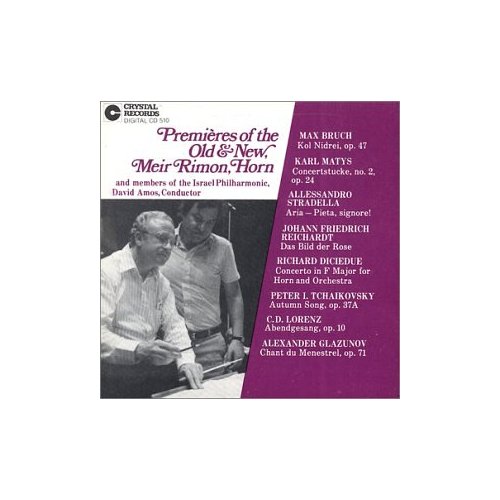
The Innocents Abroad, or The New Pilgrims' Progress is a travel book by American author Mark Twain published in 1869 which humorously chronicles what Twain called his "Great Pleasure Excursion" on board the chartered vessel Quaker City (formerly USS Quaker City) through Europe and the Holy Land with a group of American travelers in 1867. It was the best-selling of Twain's works during his lifetime, as well as one of the best-selling travel books of all time.A major theme of the book is that of the conflict between history and the modern world. Twain continually encounters petty profiteering and trivializations of history as he journeys, as well as a strange emphasis placed on particular past events. He is either outraged, puzzled, or bored by each encounter. One example can be found in the sequence during which the boat has stopped at Gibraltar. On shore, the narrator encounters seemingly dozens of people intent on regaling him, and everyone else, with a bland and pointless anecdote concerning how a particular hill nearby acquired its name, heedless of the fact that the anecdote is, indeed, bland, pointless, and entirely too repetitive. Another example may be found in the discussion of the story of Abelard and Heloise, where the skeptical American deconstructs the story and comes to the conclusion that far too much fuss has been made about the two lovers. Only when the ship reaches areas of the world that do not exploit for profit or bore passers-by with inexplicable interest in their history, such as the passage dealing with the ship's time at the Canary Islands, is this attitude not found in the text.







